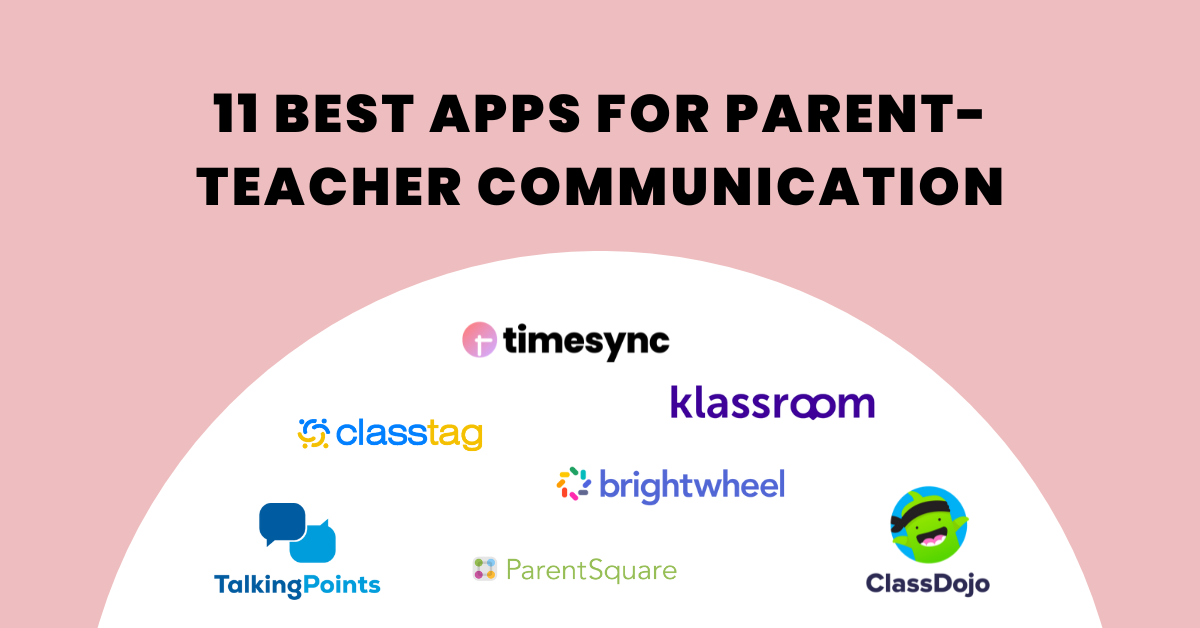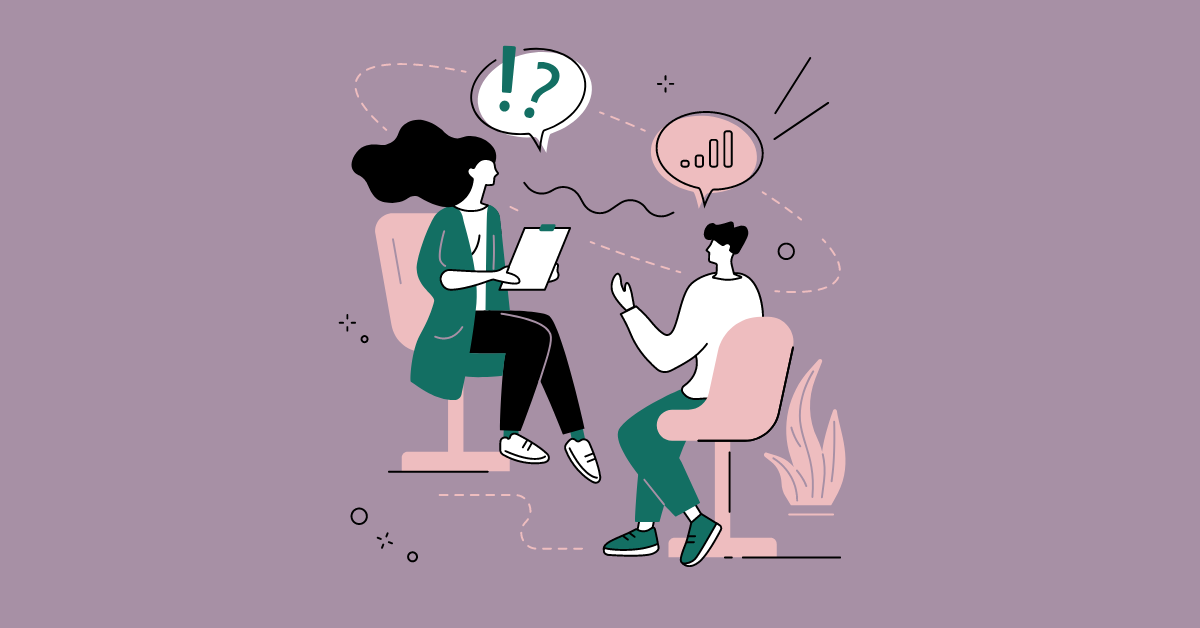




Content Writer
As much as interviews are stressful for the interviewee, it’s also stressful for the interviewer!
While there’s definitely no right or wrong way to conduct an interview, there are several things to consider — industry, business type, job position, and more.
Each type of interview requires a different strategy based on the specific needs of your organization. What works in one setting, may backfire in another.
With that said, it’s important for you to prepare for each type of interview and also find out what works best for you during the hiring process.
Here is a quick guide to help you understand 6 different types of interviews and how to prepare for them.
Telephone interviews are frequently the first choice for most organizations.
Many businesses evaluate individuals over the phone for 15 to 20 minutes before asking them for an in-person interview.
Since face-to-face interviews take a significant amount of time, businesses use telephone interviews to ensure that they are only scheduling face-to-face interviews with the most qualified individuals.
Telephone interviews should last approximately 30 minutes or less, depending on the flow of the conversation. The first few minutes of the call are usually spent breaking the ice, before diving into the specifics of the interview.
Since it is designed for a brief interaction, the questions will mostly be about the subject of the matter and trying to assess if the candidate is the right fit.
You can also take this opportunity to do some fact-checking and cross-referencing with their resume.
Here are some things you can bring up in the phone interview:
These are probably the most common interview type. A one-on-one interview is usually conducted when you want to learn more about the candidate and make a final decision on their application.
One-on-one interviews can be both online and offline, allowing you to get more personal with the candidate and assess their body language.
These interviews can take up much more time compared to phone interviews, ranging from 30 minutes to over an hour. Of course, the duration of the interview depends on how well the candidates answer questions and how engaged you are.
Since you’re able to assess the candidate’s body language, you should ask more behavioral questions over technical ones.
You can ask questions such as:
As you’ll be sharing more about the company and the job responsibilities, you can expect more questions from the candidate. They might be interested to know more about company culture and values, the working environment, and also the job compensation.
As the name suggests, group interviews are where the company interviews multiple candidates together. Such interviews are usually highly stressful for the candidates as they’ll be facing a panel of interviewers or are immediately compared with other candidates.
But, for businesses, group interviews are by far the best way to test the technical knowledge as well as the social behavior of the candidates.
Several businesses are actively using group interviews today to quickly filter out and find the ideal candidate for their company.
A group interview can go one of two ways:
As you’re interviewing a group of candidates, you have to allocate more time for them to individually answer questions or complete group tasks. That said, these interviews might take more than an hour.
The most essential thing to remember about a group interview is that it’s primarily conducted for 3 reasons:
That said, depending on what you’re trying to assess, prepare the necessary questions or tasks your candidates should carry out. Be sure to invite the relevant interviewers to the meeting to properly learn more about the candidates.
Here are some tips to take note of when conducting group interviews:
Panel interviews refer to interviews where there is more than one interviewer to one candidate.
Such interviews are usually conducted to find out even more about a candidate and are usually done in the second or third round of interviews. Usually, this is where the supervisor of the job role will be present to properly assess the candidate’s suitability.
Panel interviews are usually shorter, 30 minutes or less, as most questions would have been answered in the first round.
Instead of asking candidates common behavioral questions, here’s where you ask them questions related to the job role. As you’re trying to determine the suitability for the role, try to ask more specific questions.
For example, if you are hiring for a marketing position, you’d want to know:
This interview type is where you ask candidates to complete a real-world task, like creating a piece of content for a content marketing position, or performing market calculations for a finance role.
Some businesses feel that project or case interviews are the only way to determine whether candidates are qualified for the job or not as you’re putting their expertise to the test.
You usually assign time-limited technical tasks to candidates and base the hiring decision on the candidate who performs the best. It can be the sole test to make the final hiring decision or can be the last step of a full-fledged interview.
Depending on the role you’re hiring for, design a well-structured case that is related to the job role. Be sure to switch up the questions or tasks so that candidates can’t simply find the answers off the internet.
Here are some case interview examples from firms like McKinsey and Deloitte to give you inspiration on how you can craft yours.
A lunch interview is usually conducted by businesses who are not looking to primarily assess a candidate’s technical skills, but more so to understand their personality.
This type of interview is common among businesses that put a lot of emphasis on culture fit and ensuring a good working environment for their employees.
This type of interview is typically conducted over lunch or coffee and is a great way for the interviewer to know more about the candidate while they can also express their opinions without any pressure.
Furthermore, it’s very easy to set up a lunch interview. You both can decide the most feasible time and date.
As the interviewer, you should prepare personality-related questions and decide on a conducive place to meet. Choose a quiet cafe or restaurant, and decide on a time to meet where you don’t clash with the crowd.
For a more accurate assessment of your candidate’s personality, you could even get them to complete a personality quiz and analyze the results on the spot.
There you have it! 6 types of interviews you should know about and how you can prepare for them as a recruiter.
As you can see, there are many different types of interviews that are used in any hiring process. From group interviews to phone interviews, it’s best to prepare questions for every interview type to properly assess the candidates.
Once again, there’s no right or wrong interview style, it just depends on your business. So, personalize your interview style and play around with what works best for you to find the ideal candidate!

Devesh is a content writer at Novocall.
Related articles
Subscribe to our blog
Get insights & actionable advice read by thousands of professionals every week.